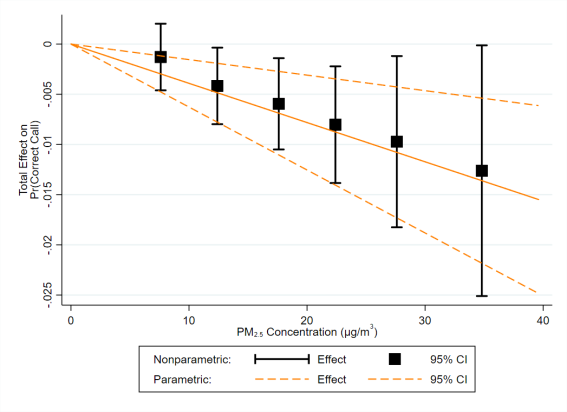
It’s a double-shot of shows on KALW 91.7 FM today, my last two of the year. First, this morning on Your Call’s One Planet Series at 10am PT, we’ll discuss how climate science is being politicized in schools with investigative journalist Katie Worth, author of the riveting new book, Miseducation: How Climate Change Is Taught in America.
In the second half of the show, we’ll cover the mental health impacts of air pollution with reporter Kristina Marusic.
Then tonight at 6pm PT, I’ll be co-hosting State of the Bay to assess recent decisions rejecting or delaying housing projects by the San Francisco Board of Supervisors. UC Davis Professor of Law Chris Elmendorf will help us understand the statewide legal implications of these anti-housing decisions, in particular the recent delay of a 500-unit housing development near BART.
Then we’ll discuss the state of the Bay Area’s “slow streets” movement, which close streets to most traffic for improved pedestrian and bike safety. What do you think about these measures? Ask our guests Eillie Anzilotti of the SFMTA and community planner Leah Chambers.
Finally, you’ll hear my interview with with Phil Ginsburg, General Manager of the San Francisco Recreation and Parks Department, who will discuss some of the holiday festivities available in the city’s public spaces.
Tune in at 91.7 FM in the San Francisco Bay Area or stream live at 10am PT for Your Call and then again at 6pm PT for State of the Bay. What comments or questions do you have for these guests? Call 866-798-TALK to join the conversation!
Baseball fans don’t like bad balls-and-strikes calls from home plate umpires. But rather than yelling at the ump, maybe they should look at their own tailpipe.
As UC Berkeley colleague Meredith Fowlie describes from a new study by James Archsmith (University of Maryland, College Park), Anthony Heyes (University of Ottawa), and Soodeh Saberian (University of Ottawa), bad air quality may be to blame for bad calls:
To sum up, these authors use publicly available data to estimate a causal relationship between air pollution exposure and umpire performance (measured as the share of umpire calls that agree with the computer-based assessment). After controlling for all sorts of factors that could affect an umpire’s judgement (such as venue, day-of-week, temperature, humidity, wind speed, pitch break angle, pitch type, etc.), they find a significant relationship between air pollution and on-the-job error rates:

People typically associate bad air quality with public health challenges, like increased respiratory ailments and premature death. But this study shows in stark terms how overall job performance decreases with increasing pollution.
And just look at the populations most likely to live in polluted areas, as the San Francisco Chronicle recently reported based on a new state study:
A new report released by the state Office of Environmental Health Hazard Assessment, a scientific arm of California’s Environmental Protection Agency, documents what environmental justice advocates have been saying for years — the racial makeup of communities suffering the worst environmental degradation in California are disproportionately Latino and African American.
…
Nearly 1 in every 3 Latinos and African Americans lives in the top 20 percent of most pollution-impacted communities. Only 1 in 14 whites calls these places home.
It’s one thing for these communities to face the historical disadvantages of discrimination and modern-day racism. But pollution as well presents an unjust and counter-productive barrier to achievement.
On that score, the State of California is striking out as much as home plate umpires at smoggy baseball games.


